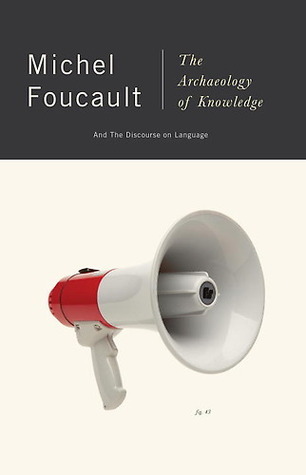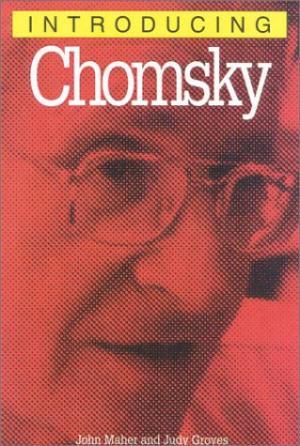
The Chomsky-Foucault Debate: On Human Nature
Book Description
Two intellectual titans face off, battling for the very essence of human nature. Noam Chomsky champions the idea of an inherent human instinct, while Michel Foucault counters with the belief that society shapes the self. Their clash ignites a firestorm of ideas, challenging conventional wisdom and exploring the depths of freedom, power, and morality. As philosophies collide, the stakes rise—can our understanding of humanity truly transcend the confines of culture and history? Dive into a riveting exchange that questions everything, leaving you to ponder: in the struggle between nature and nurture, what truly defines us?
Quick Book Summary
"The Chomsky-Foucault Debate: On Human Nature" presents a seminal conversation between two major 20th-century thinkers, Noam Chomsky and Michel Foucault, who hold dramatically different views on human nature, knowledge, and the sources of morality. Chomsky argues for an intrinsic human nature structured by universal grammar and inborn moral instincts, suggesting deep biological underpinnings that shape language and ethics. Foucault, meanwhile, insists that human nature is largely a product of social and historical forces; our ideas, values, and even psychological processes are fundamentally constructed by shifting networks of power and cultural discourse. Through their rigorous debate, the book explores foundational questions about the origins of language, knowledge, and morality, ultimately challenging readers to rethink the relationship between individuals and society. Their exchange remains a touchstone for debates on nature versus nurture, agency, and the formation of truth.
Summary of Key Ideas
Table of Contents
Human Nature: Innate Structures vs. Social Constructs
Chomsky and Foucault begin their debate by tackling the age-old question of human nature. Chomsky posits that humans possess innate faculties—such as universal grammar—that structure language and thought, reflecting deeper, biologically rooted tendencies. For Chomsky, these inborn patterns not only explain linguistic phenomena but also ground morality in shared, instinctive principles. Foucault, on the other hand, challenges the notion of an unchanging human essence. He argues that what we perceive as human nature is actually the result of historical and social processes; societies construct norms and values that differ across time and space, shaping our understanding of ourselves.
The Origins of Language and Knowledge
The discussion then turns to the origins of language and knowledge. Chomsky emphasizes the remarkable uniformity and rapid acquisition of language in children as evidence for an underlying, genetic basis. Language, according to Chomsky, is not merely learned from the environment but emerges from an internal, species-specific cognitive framework. Foucault is more skeptical of such universality, contending that the ways in which people think and communicate are deeply entangled with the power structures, institutions, and cultural paradigms of their eras. For Foucault, language is less an inborn gift than a product of broader social forces and the historical "episteme."
Morality: Universal Ethics or Cultural Product?
Morality forms another central point of contention. Chomsky suggests that, just as with language, humans have an inherent moral sense—a universal ethics rooted in human biology. He believes this helps explain why people across cultures share certain basic moral intuitions. Foucault questions whether morality can be so easily divorced from its context, insisting that concepts of good and evil are shaped by shifting social arrangements and power relations. For Foucault, claims to a universal morality may obscure the real dynamics of authority, discipline, and exclusion in society.
Power, Society, and the Shaping of the Self
A significant portion of the debate revolves around the impact of power and the formation of the self. Foucault’s theory foregrounds how individuals’ identities, beliefs, and even perceptions of reality are molded by the subtle mechanisms of control operating through laws, language, education, and institutions. Chomsky, while recognizing the influence of social forces, maintains a more optimistic view of reason and autonomy, proposing that rational inquiry can help individuals uncover underlying truths about themselves and their world. The dialogue starkly reveals their divergent views on the sources of knowledge and selfhood.
Limits of Science and Objectivity
Finally, the debate interrogates the limits of science and objectivity in uncovering truths about humanity. Chomsky sees science as a tool for revealing universal laws, whether in linguistics or ethics. Foucault, however, is wary of the claims to neutrality and universality, pointing out that science itself can be conditioned by prevailing power structures and cultural biases. Their debate ultimately invites readers to reflect on whether it is possible to achieve objective knowledge of humanity, or whether our understanding will always be framed by historical and social contingencies.
Download This Summary
Get a free PDF of this summary instantly — no email required.





